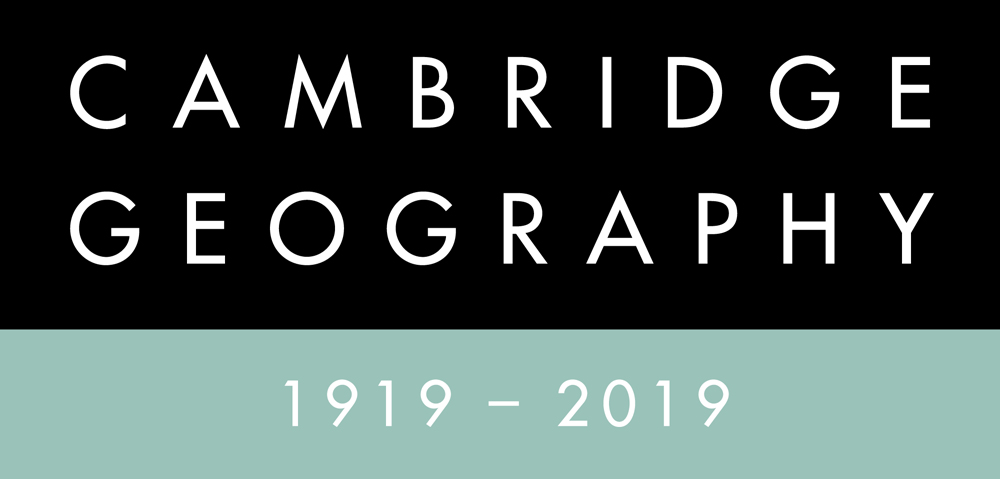Professor Stuart Lane: 'Stratigraphical Discourse in the Anthropocene: towards a more critical geographical tradition'
Duration: 1 hour 6 mins
Share this media item:
Embed this media item:
Embed this media item:
About this item

| Description: | A lecture delivered by Professor Stuart Lane on the future of Geography as both a physical and human geographic tradition, 7 March 2019. |
|---|
| Created: | 2019-04-29 16:10 |
|---|---|
| Collection: | Cambridge Geography Centenary Lectures 2019 |
| Publisher: | University of Cambridge |
| Copyright: | Anna Jenkin |
| Language: | eng (English) |
| Distribution: |
World
|
| Explicit content: | No |
| Aspect Ratio: | 4:3 |
| Screencast: | No |
| Bumper: | UCS Default |
| Trailer: | UCS Default |
| Abstract: | In the earth, environmental and even social sciences, the Anthropocene has become common parlance for capturing the profound and far-reaching impacts of humans upon their environment. In its most narrow interpretation, but the one dominating the earth sciences, it has become described as rupture in records of sediment deposition, ie stratigraphy, commonly found in previous geological eras. This time it is attributed to humans. There is no doubt that we have introduced new products (eg/ radionuclides, plastics) into the stratigraphic record. But others want to go further and have argued that we have dramatically changed rates of sediment flux to lakes and oceans, changes that will be detectable in the rock record for millions of years to come. In this talk, I will show how confused some earth scientists (including physical geographers) have become in their ‘stratigraphical discourse’. Using one of the first studies of stratigraphy in the making (in Lake Geneva), I will argue for an alternative and multi-scalar view of the Anthropocene, better reflecting the ways in which human-driven processes, from the global to the local, interact to drive the development of stratigraphy. Drawing upon work that touched Geography some decades ago, I call this ‘glocalization’. Following the ideas of philosopher of science Isabelle Stengers, I will show how a geographical imagination challenges the globalizing tendencies of the Anthropocene which tend to draw attention away from deeper and more local drivers of the catastrophic environmental degradation that the plant is now facing. |
|---|---|
Available Formats
| Format | Quality | Bitrate | Size | |||
|---|---|---|---|---|---|---|
| MPEG-4 Video | 640x360 | 1.94 Mbits/sec | 961.18 MB | View | ||
| WebM | 640x360 | 433.01 kbits/sec | 209.32 MB | View | ||
| iPod Video | 480x360 | 499.26 kbits/sec | 241.34 MB | View | ||
| MP3 | 44100 Hz | 249.78 kbits/sec | 122.58 MB | Listen | ||
| Auto * | (Allows browser to choose a format it supports) | |||||

